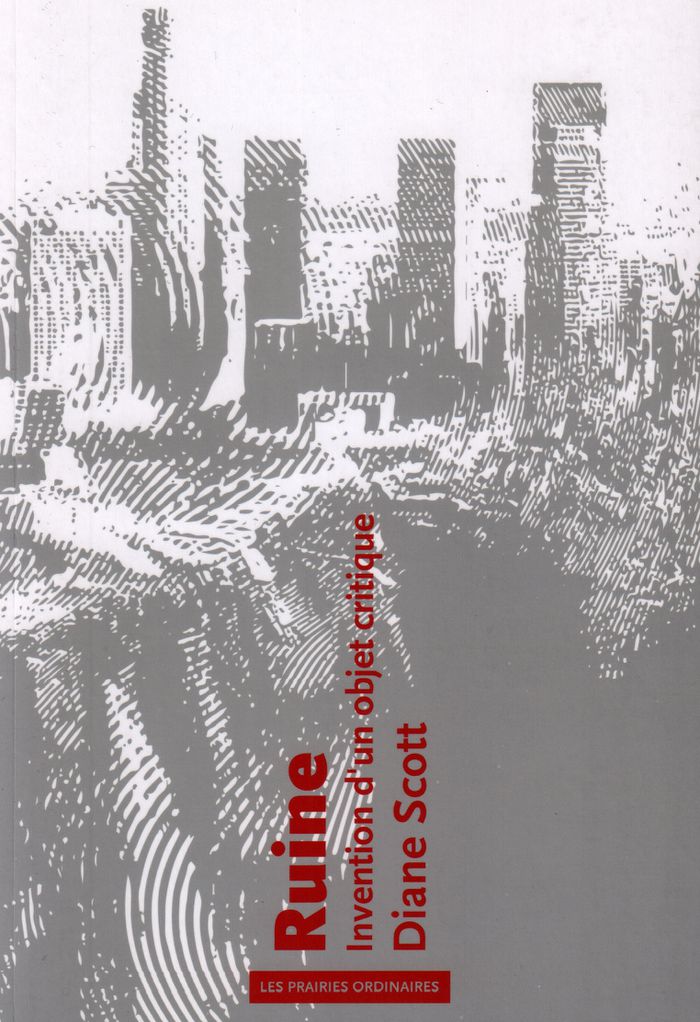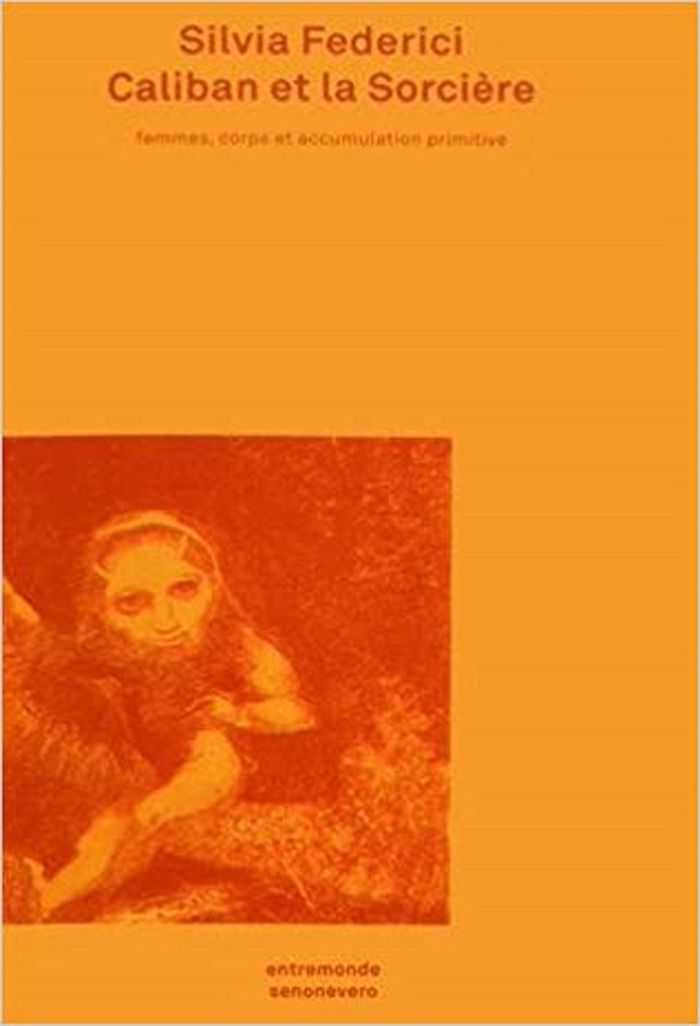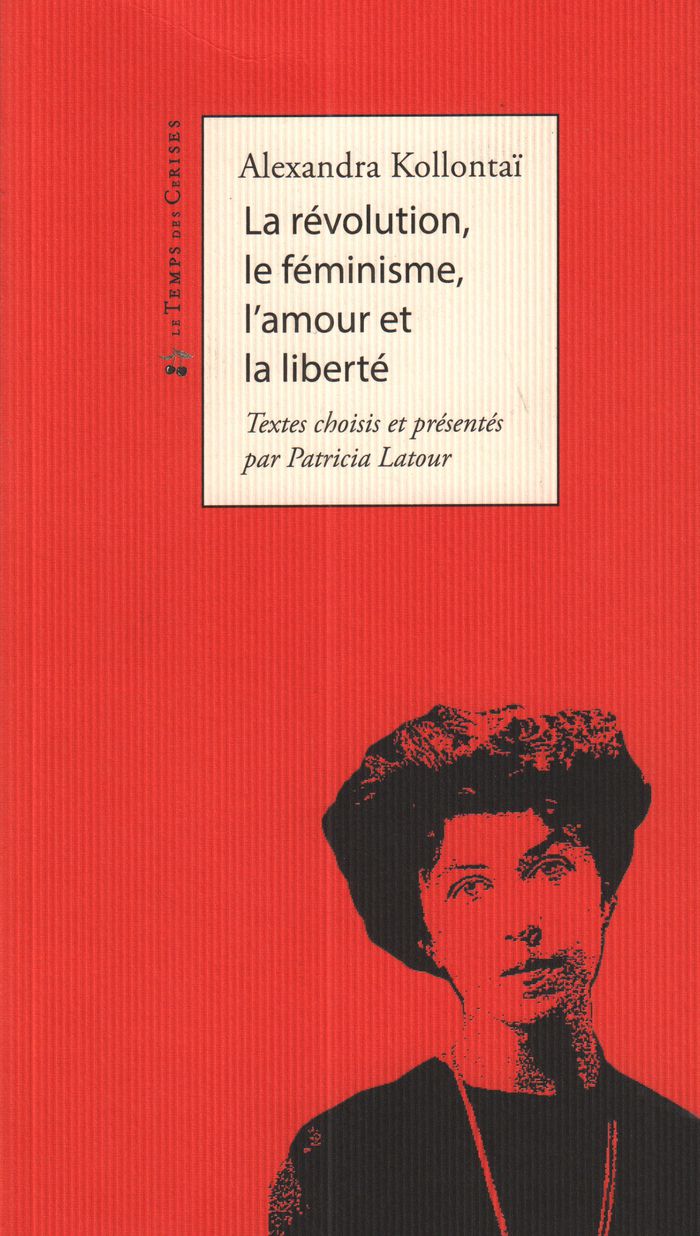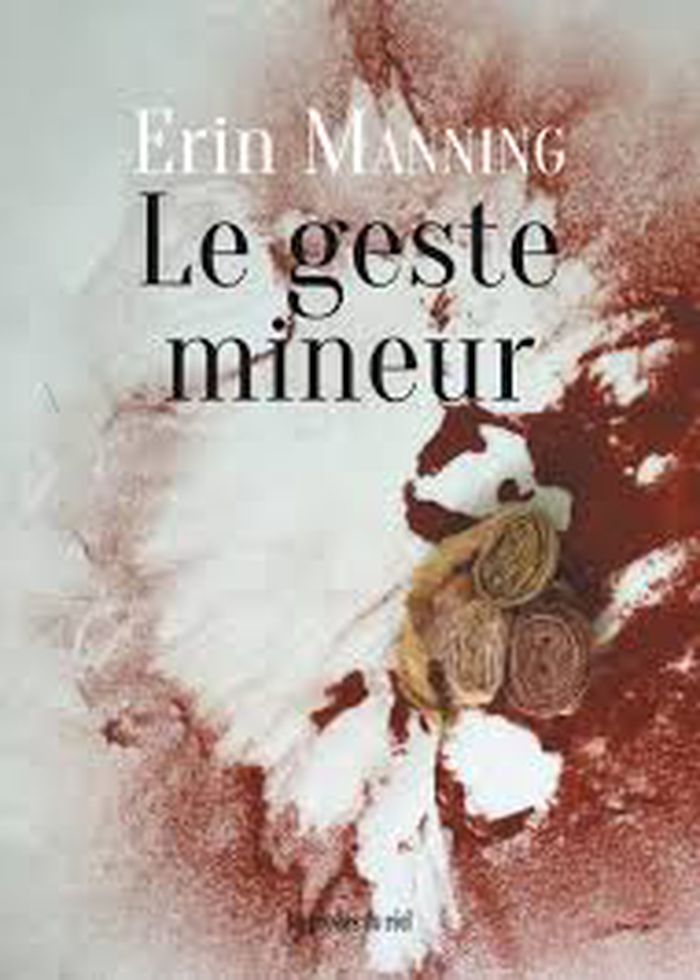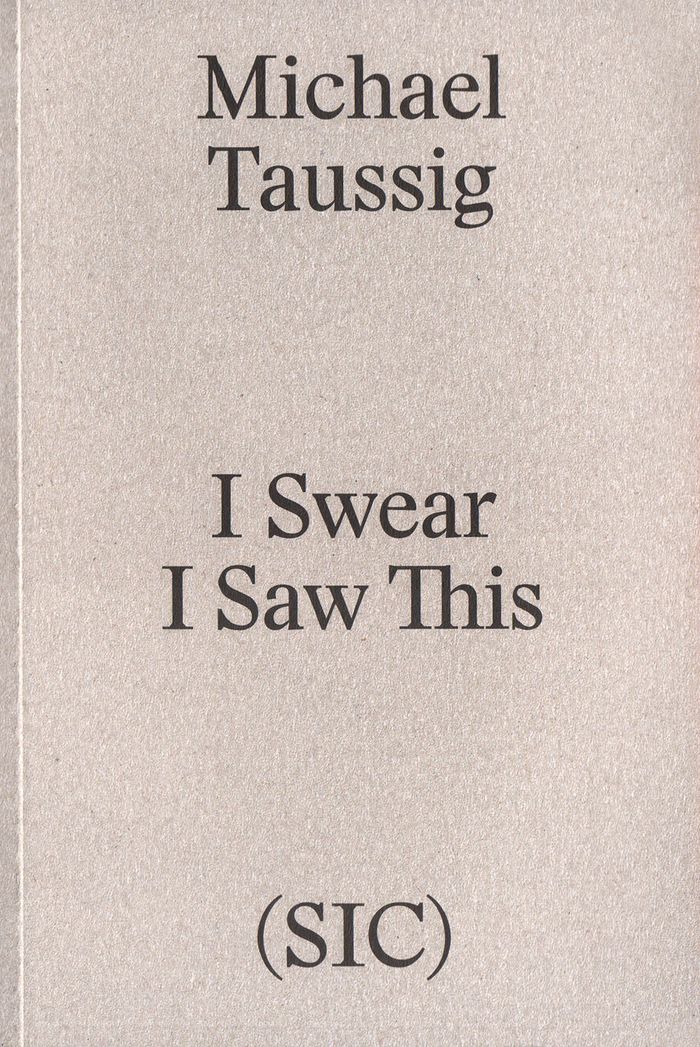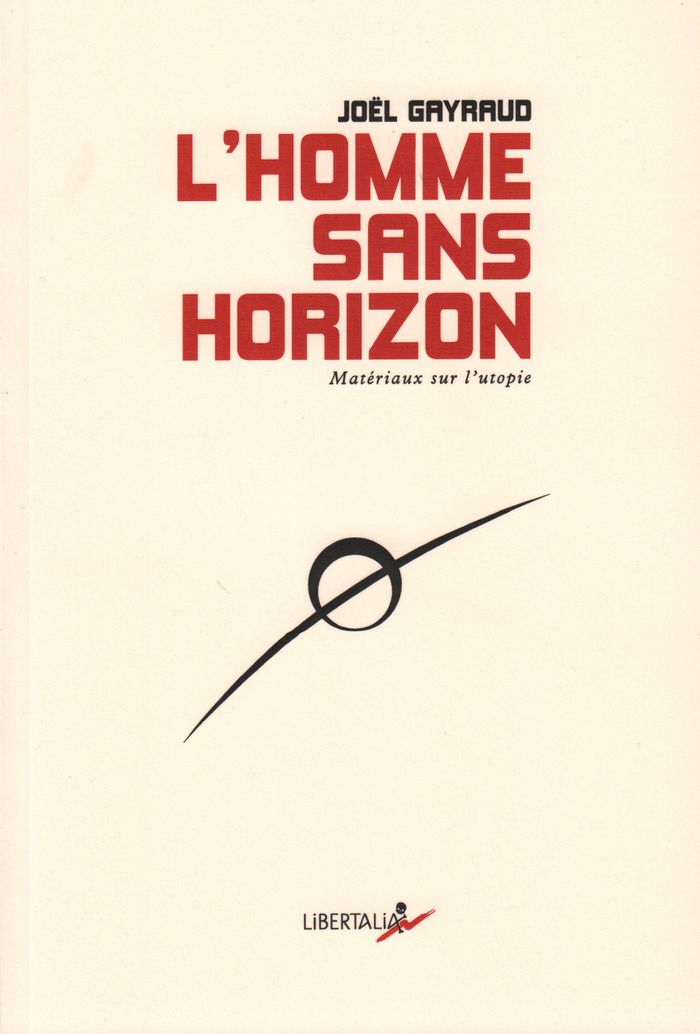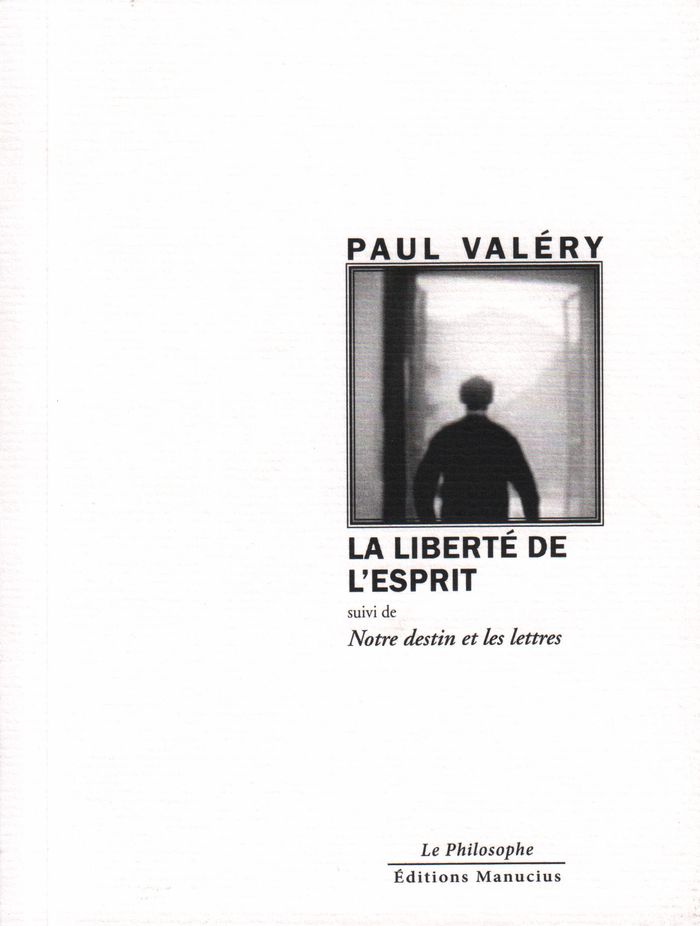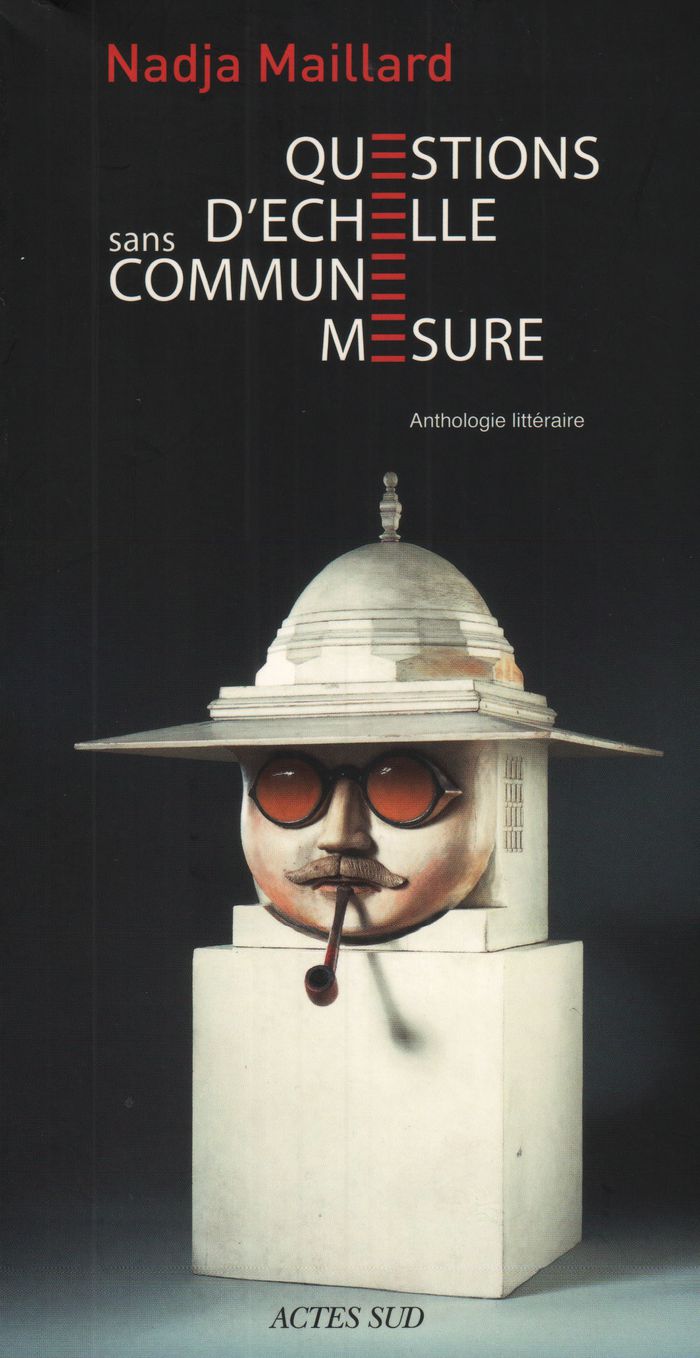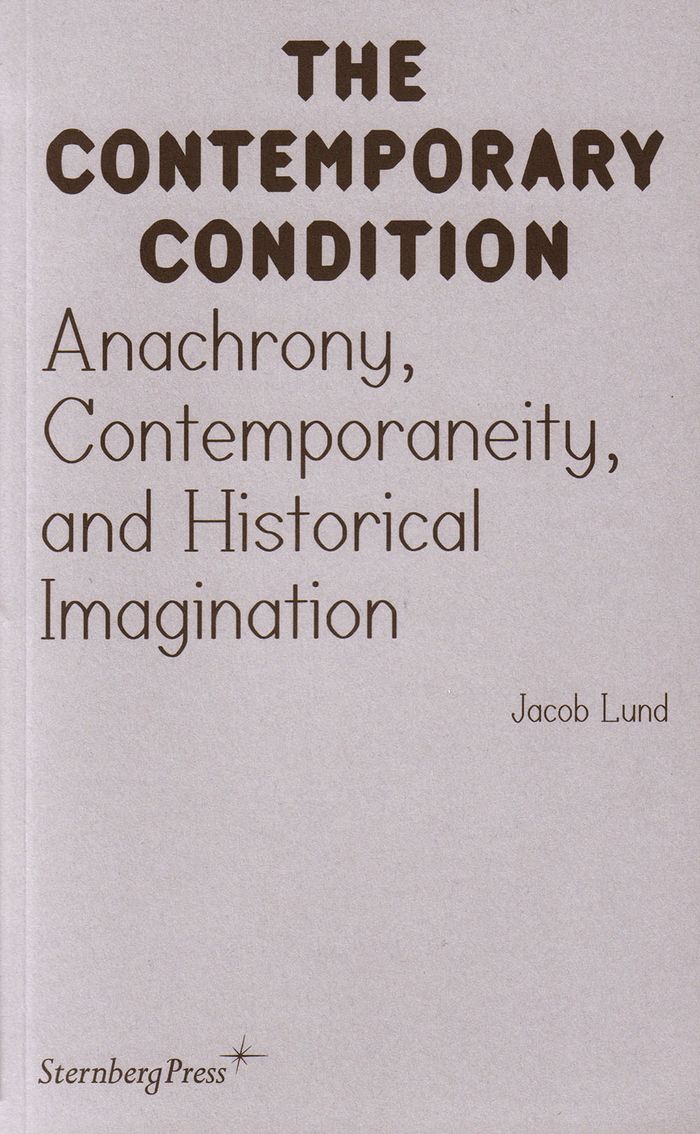$26.95
(available to order)
Summary:
« Une ruine nouvelle s’offre depuis une trentaine d’années, monumentale à sa manière et proliférante : villes détruites, murs en lambeaux, usines abandonnées qui ne cessent d’appeler le regard. Étrangement nous voulons toujours les voir, jamais repus de leur fouillis de natures mortes ou de leur austérité massive, jamais lassés malgré la répétition qui les constitue(...)
Ruine
Actions:
Price:
$26.95
(available to order)
Summary:
« Une ruine nouvelle s’offre depuis une trentaine d’années, monumentale à sa manière et proliférante : villes détruites, murs en lambeaux, usines abandonnées qui ne cessent d’appeler le regard. Étrangement nous voulons toujours les voir, jamais repus de leur fouillis de natures mortes ou de leur austérité massive, jamais lassés malgré la répétition qui les constitue pourtant aujourd’hui en lieu commun. Il faut le reconnaître : la ruine est un objet d’amour. Elle nous tient à la merci de ses images qui, toujours plus vues et connues, ne perdent en rien de leur pouvoir d’attraction. Cette avidité qui fait que la ruine est partout et que s’en multiplient les images dans les galeries et sur les écrans, réelles ou fictionnelles, contient une dimension d’énigme. Quel est cet objet qui, si pauvre et sale et revu soit-il, nous tient ainsi l’œil en haleine ? Quel est ce désir de ruine ? » -D. S.
Critical Theory
Caliban et la sorcière
$45.95
(available to order)
Summary:
Silvia Federici revisite ce moment particulier de l'histoire qu'est la transition entre le féodalisme et le capitalisme, en y introduisant la perspective propre à l'histoire des femmes. Elle nous invite à réfléchir aux rapports d'exploitation et de domination, à la lumière des bouleversements introduits à l'issue du Moyen Âge. Un monde nouveau naissait, privatisant les(...)
Caliban et la sorcière
Actions:
Price:
$45.95
(available to order)
Summary:
Silvia Federici revisite ce moment particulier de l'histoire qu'est la transition entre le féodalisme et le capitalisme, en y introduisant la perspective propre à l'histoire des femmes. Elle nous invite à réfléchir aux rapports d'exploitation et de domination, à la lumière des bouleversements introduits à l'issue du Moyen Âge. Un monde nouveau naissait, privatisant les biens autrefois collectifs, transformant les rapports de travail et les relations de genre. Ce nouveau monde, où des millions d'esclaves ont posé les fondations du capitalisme moderne, est aussi le résultat d'un asservissement systématique des femmes. La transition vers le capitalisme faisait de la modernité une affaire de discipline. Discipline des corps féminins dévolus à la reproduction, consumés sur les bûchers comme autant de signaux terrifiants, torturés pour laisser voir leur mécanique intime, anéantis socialement. Discipline des corps d'esclaves, servis au mouvement d'accaparement des ressources du Nouveau Monde pour la fortune de l'ancien. Le capitalisme contemporain présente des similitudes avec son violent passé. Ce qu'on a décrit comme barbarie et dont aurait su triompher le siècle de la raison est constitutif de ce mode de production : l'esclavage et l'anéantissement des femmes n'étaient pas fortuits, mais une nécessité à l'accumulation de richesse.
Critical Theory
$28.95
(available to order)
Summary:
Le capitalisme engendrant des besoins artificiels toujours nouveaux, mettre un terme à la voracité consumériste implique de définir et de s'appuyer sur des besoins " authentiques " et reconnus de tous. Le nouveau livre de Razmig Keucheyan suit cette ligne critique en recherche d'une véritable politique de l'émancipation.
Les besoins artificiels : comment sortir du consumérisme
Actions:
Price:
$28.95
(available to order)
Summary:
Le capitalisme engendrant des besoins artificiels toujours nouveaux, mettre un terme à la voracité consumériste implique de définir et de s'appuyer sur des besoins " authentiques " et reconnus de tous. Le nouveau livre de Razmig Keucheyan suit cette ligne critique en recherche d'une véritable politique de l'émancipation.
Critical Theory
$24.95
(available in store)
Summary:
Alexandra Kollontaï, un nom aujourd’hui un peu oublié. Cette femme politique russe puis soviétique a pourtant beaucoup contribué aux nombreux débats sur le féminisme engagés depuis le début du siècle. Dans les années soixante-dix, au moment où le féminisme en France est au plus fort, ses textes sont publiés en français, presque introuvables à présent. Cette femme élégante(...)
La révolution, le féminisme et la liberté
Actions:
Price:
$24.95
(available in store)
Summary:
Alexandra Kollontaï, un nom aujourd’hui un peu oublié. Cette femme politique russe puis soviétique a pourtant beaucoup contribué aux nombreux débats sur le féminisme engagés depuis le début du siècle. Dans les années soixante-dix, au moment où le féminisme en France est au plus fort, ses textes sont publiés en français, presque introuvables à présent. Cette femme élégante au port aristocratique ne cessera toute sa vie de se battre et d’intervenir pour la libération des femmes et développera l’idée de « l’amour-camaraderie ». Ses théories sur la morale sexuelle et l’amour libre, sa vie amoureuse mouvementée apporteront de l’eau aux moulins de ses détracteurs qui la qualiferont de débauchée. Ses conférences sur la libération des femmes, données en 1921 à l’université Sverdlov, sont éclairantes à plus d’un titre sur le féminisme, l’amour mais aussi l’importance de la place des femmes dans la Révolution. Mais Alexandra Kollontaï a plus d’une corde à son arc. Ses textes pour « l’opposition ouvrière », ses interventions en tant que diplomate habile, sa connaissance du mouvement ouvrier finlandais et russe en font une femme politique à part entière.
Critical Theory
Le geste mineur
$48.95
(available to order)
Summary:
Bien que pouvant passer presque inaperçu, le geste mineur transforme le champ des relations. Plus qu'une variation hasardeuse, moins qu'une volition, il implique de repenser nos présupposés communs à propos de l'agentivité humaine et de l'action politique. Accueillir la puissance du geste mineur à modeler les relations, accueillir sa capacité à ouvrir de nouveaux modes(...)
Le geste mineur
Actions:
Price:
$48.95
(available to order)
Summary:
Bien que pouvant passer presque inaperçu, le geste mineur transforme le champ des relations. Plus qu'une variation hasardeuse, moins qu'une volition, il implique de repenser nos présupposés communs à propos de l'agentivité humaine et de l'action politique. Accueillir la puissance du geste mineur à modeler les relations, accueillir sa capacité à ouvrir de nouveaux modes d'expérience et de nouvelles modalités d'expression, c'est défier la dévaluation que l'image neurotypique de l'humain inflige aux modes d'être alternatifs, qui sont mus par le monde et qui s'y meuvent – notamment ce qu'Erin Manning appelle « la perception autistique ». En s'appuyant sur la schizo-analyse de Deleuze et Guattari et sur le pragmatisme spéculatif de Whitehead, les analyses profondes de Manning embrassent aussi bien la mode que la dépression, en passant par les écritures d'autistes, affirmant à chaque fois la neurodiversité du mineur et la politique alternative vers laquelle il tend.
Critical Theory
$36.95
(available to order)
Summary:
Michael Taussig, figure majeure quoique controversée de l'anthropologie anglo-saxonne, s'attache à mettre en évidence la fonction heuristique des croquis et dessins réalisés par l'ethnographe dans ses carnets de notes. Si ce texte personnel apporte une contribution précieuse à la réflexion sur l'enquête de terrain et la manière dont les savoirs s'y agencent, sa portée(...)
I Swear I Saw This : sur quelques dessins de carnets de terrain
Actions:
Price:
$36.95
(available to order)
Summary:
Michael Taussig, figure majeure quoique controversée de l'anthropologie anglo-saxonne, s'attache à mettre en évidence la fonction heuristique des croquis et dessins réalisés par l'ethnographe dans ses carnets de notes. Si ce texte personnel apporte une contribution précieuse à la réflexion sur l'enquête de terrain et la manière dont les savoirs s'y agencent, sa portée dépasse largement le cadre de l'ethnographie. Taussig y déploie en effet une réflexion pénétrante sur le pouvoir des images à ressaisir la réalité et à capter ce qui semble résister à la verbalisation. En retour, l'écriture si singulière de l'auteur porte, par les nombreuses références littéraires qui la parsèment et son style même, une interrogation tout aussi profonde sur le rapport du langage à la vérité et sur la dimension fictionnelle inhérente à tout discours, fut-il scientifique.
Critical Theory
$34.95
(available to order)
Summary:
Questionnant les grandes théories critiques (Marx, Ernst Bloch, Guy Debord), s’appuyant sur l’anthropologie, poussant des incursions du côté de la philosophie (Aristote, Agamben, Simondon), invoquant après les romantiques et les surréalistes la fonction vitale de l’imagination créatrice, « L’Homme sans horizon » dessine les lignes de fuite qui permettent de rouvrir un(...)
L'homme sans horizon, matériaux pour l'utopie
Actions:
Price:
$34.95
(available to order)
Summary:
Questionnant les grandes théories critiques (Marx, Ernst Bloch, Guy Debord), s’appuyant sur l’anthropologie, poussant des incursions du côté de la philosophie (Aristote, Agamben, Simondon), invoquant après les romantiques et les surréalistes la fonction vitale de l’imagination créatrice, « L’Homme sans horizon » dessine les lignes de fuite qui permettent de rouvrir un horizon utopique. Au-delà de l’utopie libérale, aujourd’hui épuisée, de l’utopie sociale qui a été défigurée par les régimes totalitaires, la seule issue possible est de reprendre et faire triompher le rêve ancestral de société sans classe ni État. Aujourd’hui où la survie de l’espèce est en jeu, c’est cette espérance qu’il s’agit de réaliser sous peine de voir l’humanité s’effondrer dans la barbarie.
Critical Theory
La liberté de l'esprit
$19.95
(available to order)
Summary:
La liberté de l'esprit succède à La crise de l'esprit qui constatait la faillite de l'Europe après la grande guerre. Vingt plus tard, posant un regard lucide sur les mutations qui secouent son époque, Valéry dissèque le monde actuel, relevant, non sans pessimisme, les accrocs de la modernité à la dignité de l'esprit. La critique qu'adresse le poète à la modernité et à ce(...)
La liberté de l'esprit
Actions:
Price:
$19.95
(available to order)
Summary:
La liberté de l'esprit succède à La crise de l'esprit qui constatait la faillite de l'Europe après la grande guerre. Vingt plus tard, posant un regard lucide sur les mutations qui secouent son époque, Valéry dissèque le monde actuel, relevant, non sans pessimisme, les accrocs de la modernité à la dignité de l'esprit. La critique qu'adresse le poète à la modernité et à ce qui la constitue essentiellement : une modification du rapport au temps, une baisse de la valeur de l'Esprit et un assujettissement de l'homme à l'argent. Les essais ici publiés sont éloquents à cet égard. Pour Valéry, c'est la fin du temps libre, ce temps où l'esprit se consacre à son propre développement par la fréquentation de l'art, de la philosophie, de la littérature.
Critical Theory
$54.95
(available to order)
Summary:
Questions d'échelle « Sans aucun doute les philosophes ont raison de nous dire que rien n'est grand ni petit sauf par comparaison. » Cette phrase, que Swift fait prononcer à Gulliver, est sans conteste le noyau invisible autour duquel est construit cet ouvrage. Cette anthologie présente un corpus de textes variés qui examine les aspects pluriels des questions d'échelle.(...)
Questions d'échelle sans commune mesure
Actions:
Price:
$54.95
(available to order)
Summary:
Questions d'échelle « Sans aucun doute les philosophes ont raison de nous dire que rien n'est grand ni petit sauf par comparaison. » Cette phrase, que Swift fait prononcer à Gulliver, est sans conteste le noyau invisible autour duquel est construit cet ouvrage. Cette anthologie présente un corpus de textes variés qui examine les aspects pluriels des questions d'échelle. Plus de cent auteurs (philosophes, écrivains, plasticiens, metteurs en scène, anthropologues, photographes, architectes, maquettistes, etc.) sont ainsi convoqués pour s'exprimer sur la réduction, comme objet et comme symbole, sur la miniature comme jouet ou comme dispositif cognitif, sur le modèle réduit et la maquette, sur la relativité des ordres de grandeur.S'il est bien un dénominateur commun à tous ces textes, quel que soit leur registre, leur ambition, leur provenance, c'est le fait qu'en traitant des questions d'échelle, leurs auteurs interrogent immanquablement la condition humaine, prise entre l'infiniment grand et l'infiniment petit, pour paraphraser Pascal ou Voltaire, et questionnent ainsi notre manière d'être au monde et de l'habiter.
Critical Theory
$17.95
(available to order)
Summary:
An argument for "the contemporary contemporary" as the point of departure for any anachronic relationship with time today. Taking its point of departure in an "anachronic" exhibition, Soulèvements (2016-18), this book is a theoretical exploration of how the notion of contemporaneity--understood as the coming together of different times in the same historical(...)
Anachrony, contemporaneity amd historical imagination: the contemporary condition
Actions:
Price:
$17.95
(available to order)
Summary:
An argument for "the contemporary contemporary" as the point of departure for any anachronic relationship with time today. Taking its point of departure in an "anachronic" exhibition, Soulèvements (2016-18), this book is a theoretical exploration of how the notion of contemporaneity--understood as the coming together of different times in the same historical present--relates to the end of a certain history of art. Critical of hitherto dominant chronological, ahistorical, and/or culturally restricted notions of the contemporary, Lund's overall aim is to make an argument for "the contemporary contemporary" as the point of departure for any anachronic relationship with time today, and as the inescapable point of departure for any possible historical imagination.
Critical Theory
